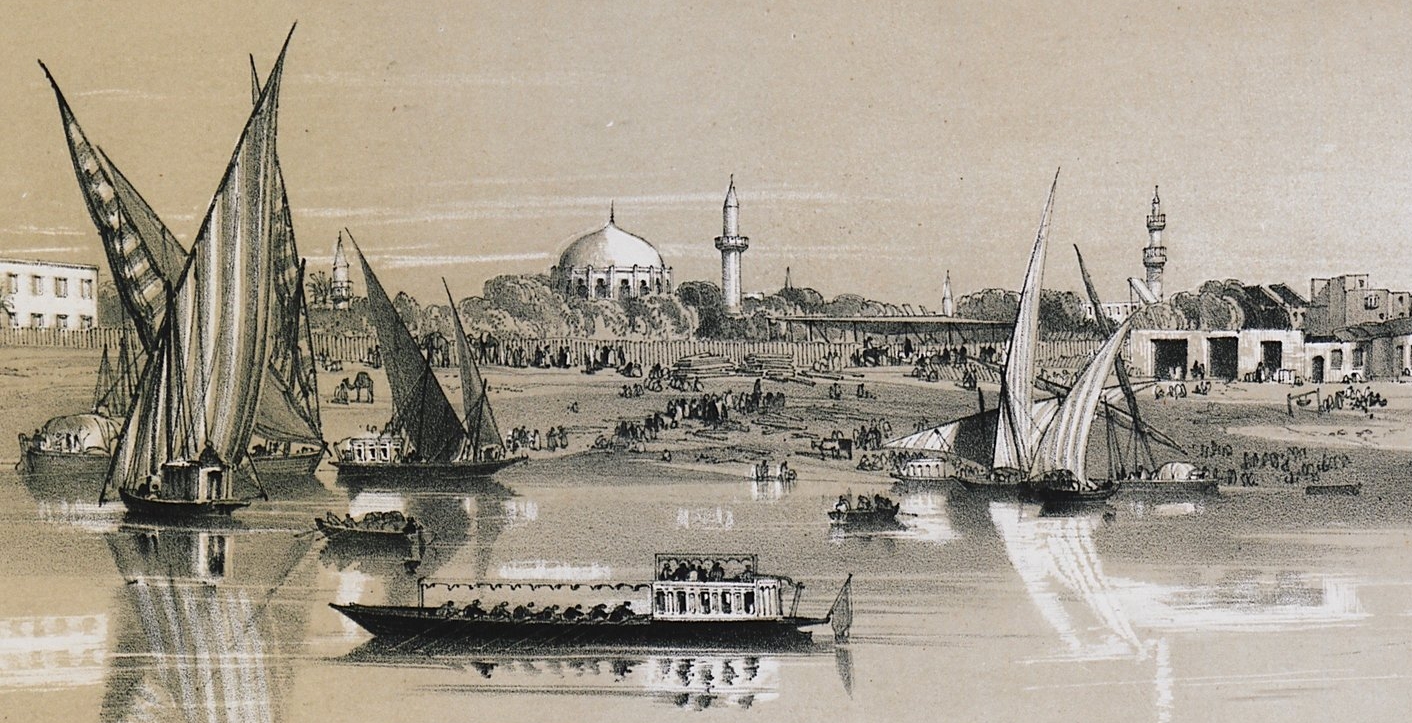9: On Good Bad Reviews
In which we discuss the validity and necessity of the negative review (or what we like to simply call critical engagement); how rare it is to find negative reviews these days; and the shift that has seen Western reviewers of Arabic literature move from one extreme to another. But is it more condescending to dismiss outright or to offer all-around encouragement?
Show notes
- Hisham Aidi's lovely portrait and critical re-evaluation of Juan Goytisolo was published by MERIP “Juan Goytisolo: Tangier, Havana and the Treasonous Intellectual.” For non-subscribers (and everyone should consider supporting this excellent publication!), a version can be found on academia.edu. And here is Aidi’s piece in The Nation: “Is Morocco Headed Toward Insurrection?”
- Ursula also recommends Aidi’s Rebel Music (2014) which she wrote about here.
- Rafia Zakaria penned “In Praise of Negative Reviews.” It references both Elizabeth Hardwick’s “The Decline of Book Reviewing,” which ran in Harper’s in 1959 and Kristina Marie Darling’s more recent “Readerly Privilege and Textual Violence: An Ethics of Engagement.”
- Marcia has written on Arablit about John Updike’s infamous dismissal of Abdelrahman Munif’s Cities of Salt, from a time when negative reviews of Arabic literature were more than common.
- The International Prize for Arabic Fiction (“Arabic Booker”) shortlist was announced on February 21. The biggest controversy was around the inclusion of Shahed al-Rawi’s The Baghdad Clock, which is forthcoming in translation by Luke Leafgren in May (US) and June (UK).




